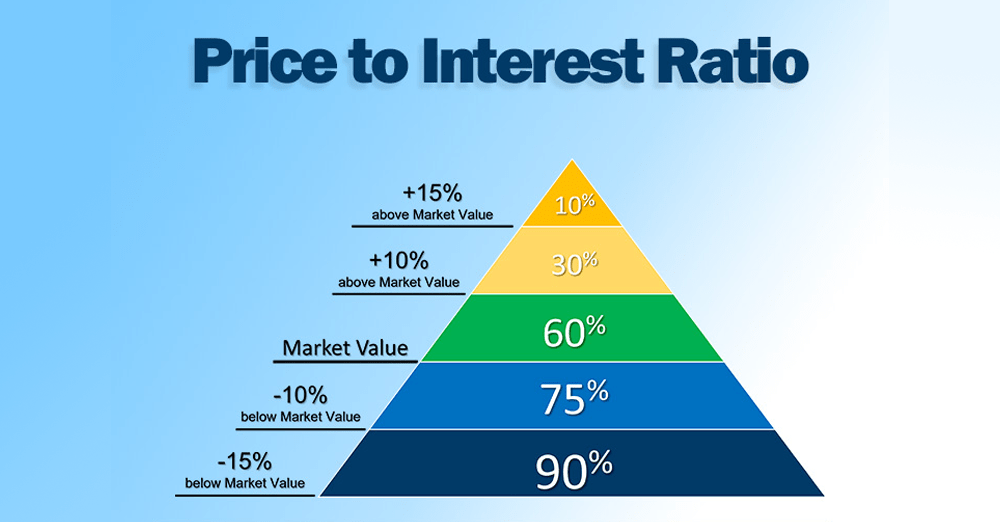Refinancing a VA Home Loan
If you are a veteran with a current VA-backed home loan, you may be eligible for refinancing through the IRRRL program. IRRRL is an acronym for Interest Rate Reduction Refinance Loan. To refinance with this program, also called the VA Streamline, the loan must provide a net tangible benefit (NTB) which would be in the financial interest of the Veteran.
Obtaining a lower interest rate is usually the reason behind refinancing but there needs to be enough difference in the current and the new mortgage to justify the expenses incurred. Significantly lower payments or a shorter term are examples of acceptable benefit.
What You Need to Refinance
The Veteran must currently have a VA-backed home loan to refinance using this program. The Veteran does not have to currently live in the home as long as it can be certified that he or she did at one time.
In many cases, a property appraisal is not necessary. Additionally, fewer verifications are required. However, you will need a minimum 640 credit score. The borrower also must be current on their payments with no 30-day late payments in the previous 12-months. You must also have a two-year employment history.
The IRRRL does have some expenses associated with it. However, they can be rolled into the loan balance. The VA funding fee, required on new VA loans for purchases or refinances is lower on the IRRRL at 0.5%. Disabled Veterans and qualifying surviving spouses refinancing under this program are exempt from the VA funding fee.
Cash-Out Refinancing Does Not Qualify
This program is not available for a cash-out refinance. There is a $6,000 exception for additional funds to pay energy improvements completed 90-days prior to closing. Your lender can provide more information for you.
If you are a Veteran and considering a refinance, ask your mortgage professional about this program. Do you need help with refinancing a VA Home Loan? Give me a call at (510) 244-0081 or send an email message to rdwilson@soundnvest.com.











